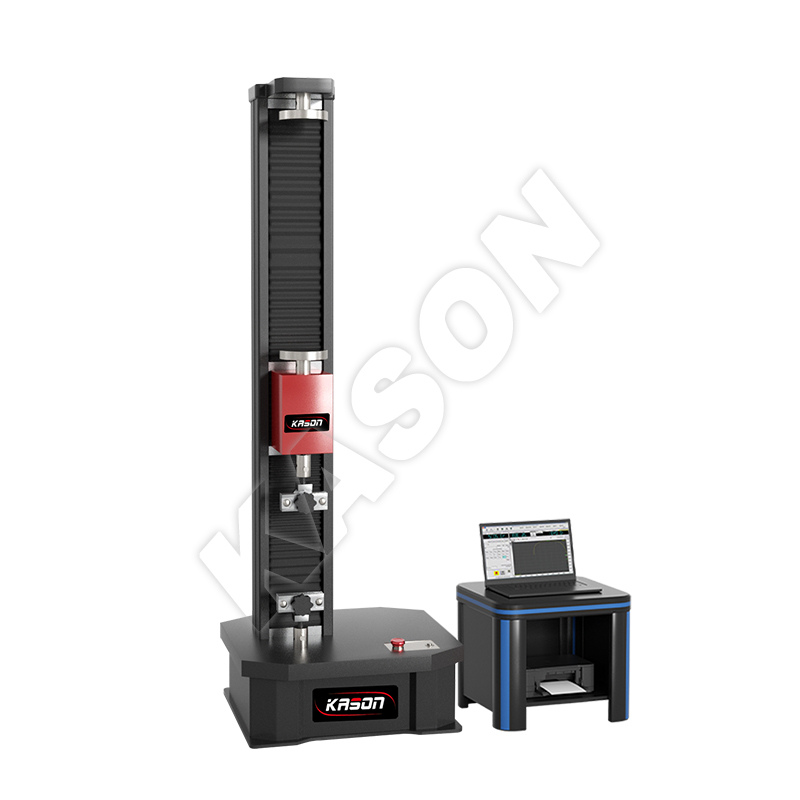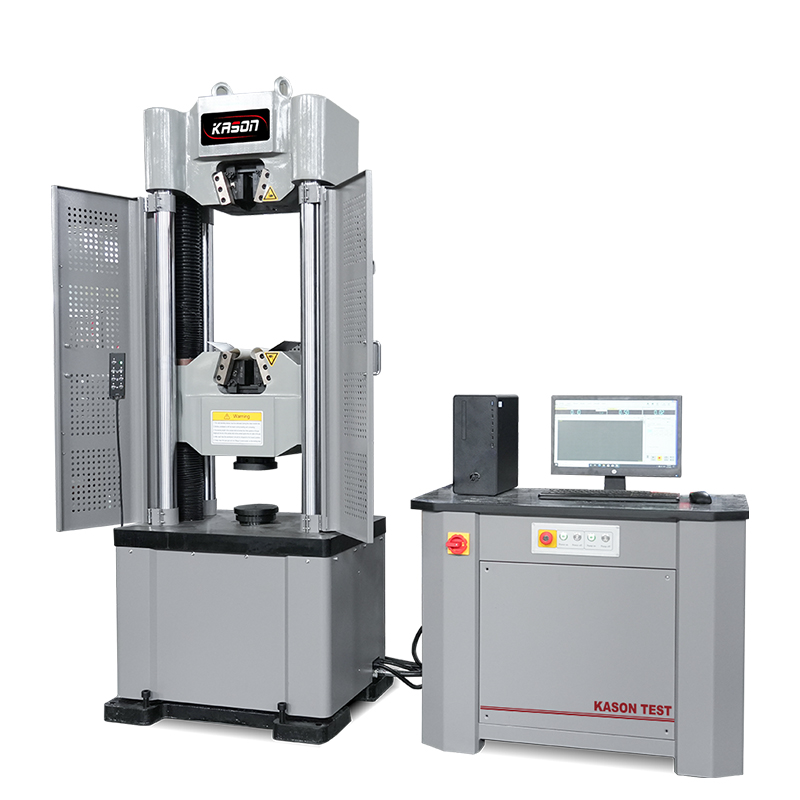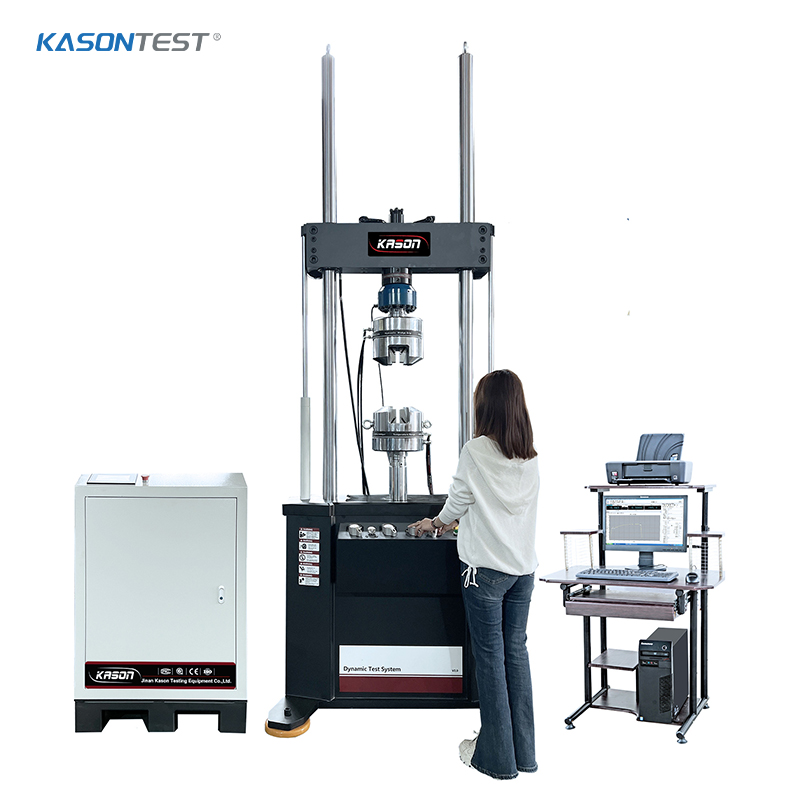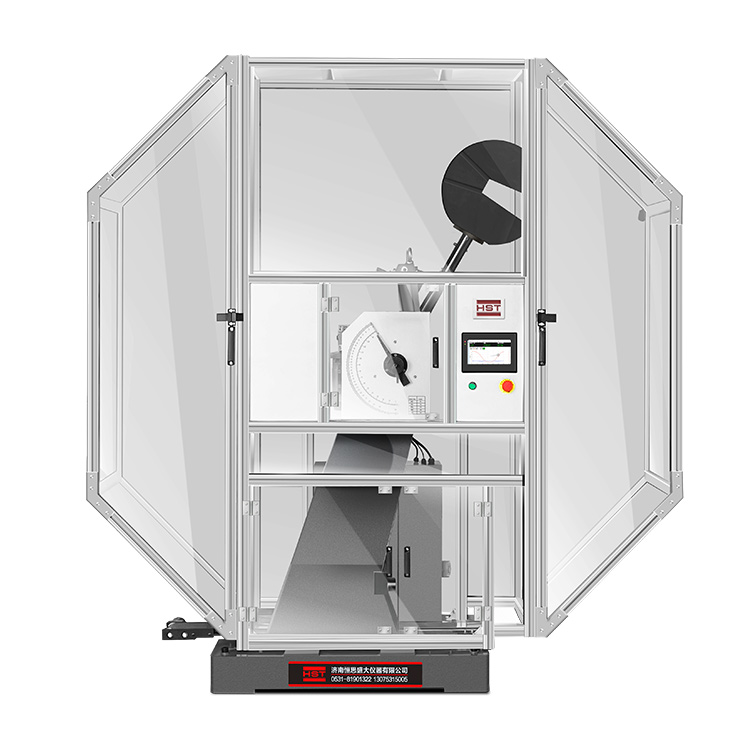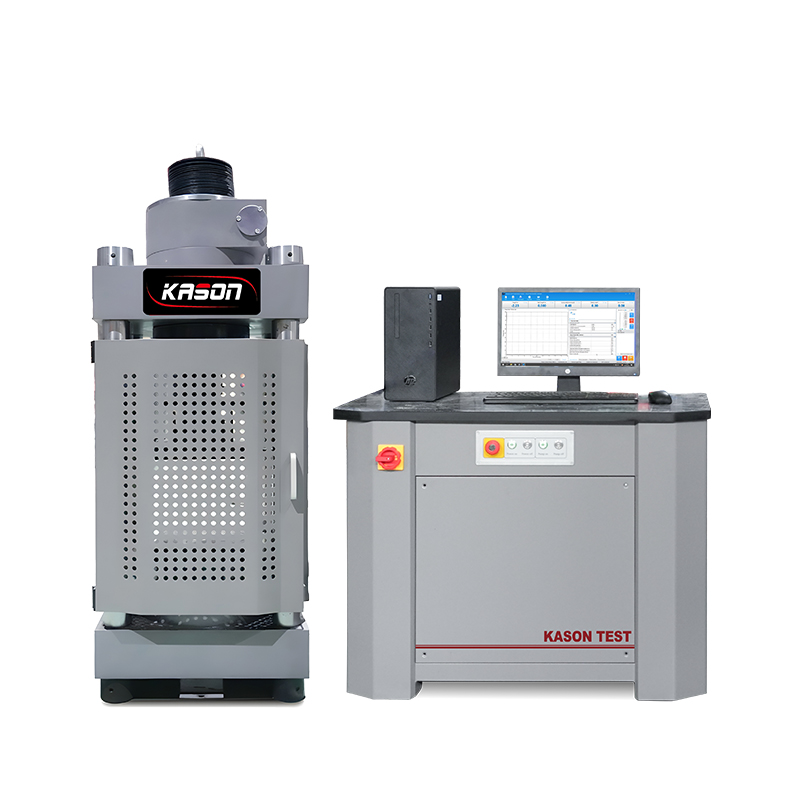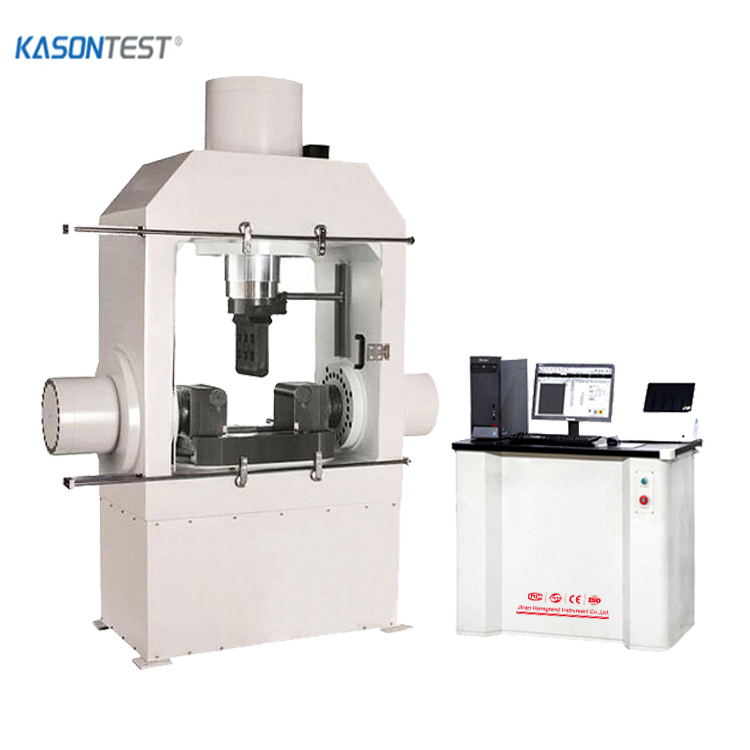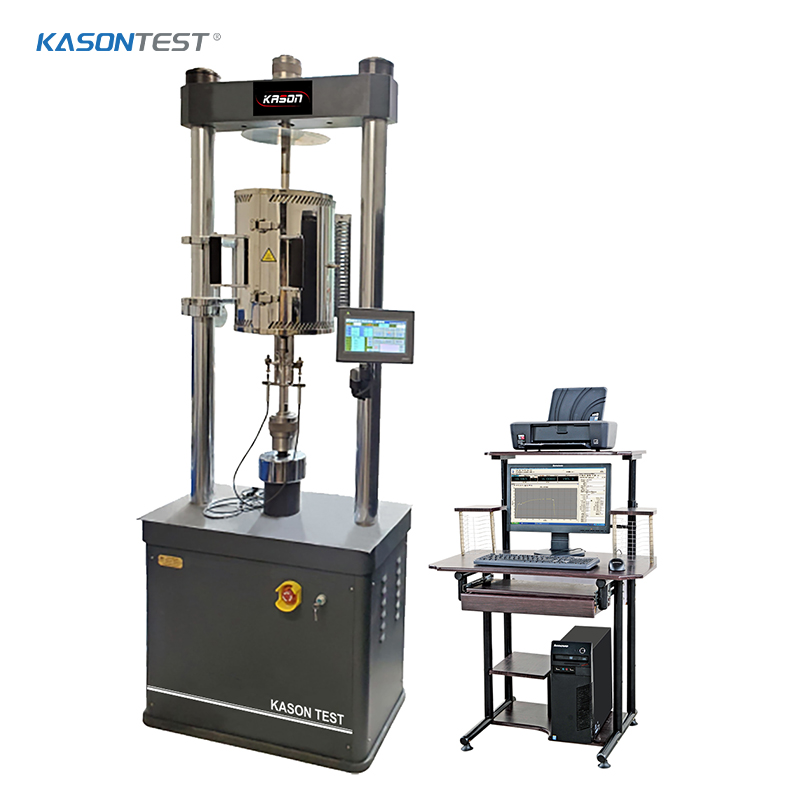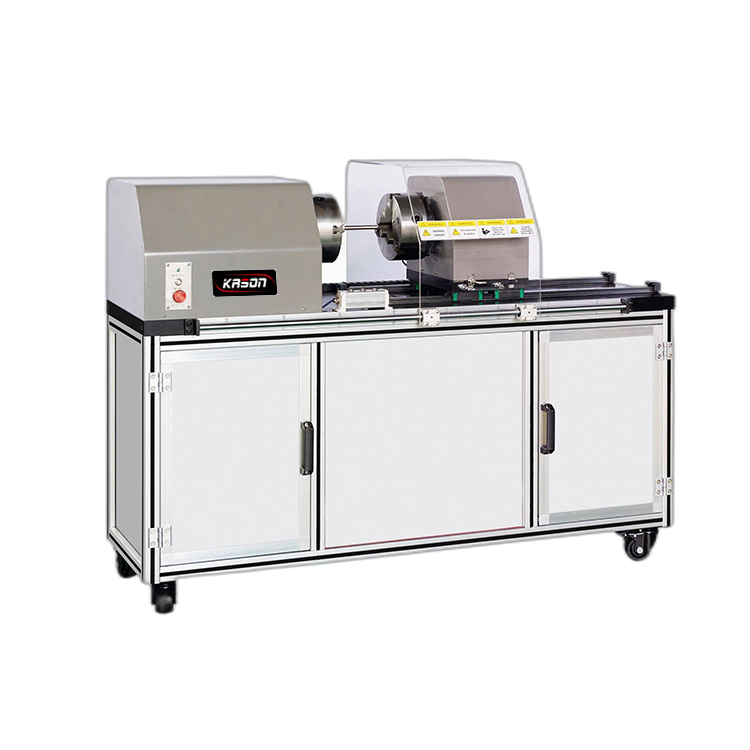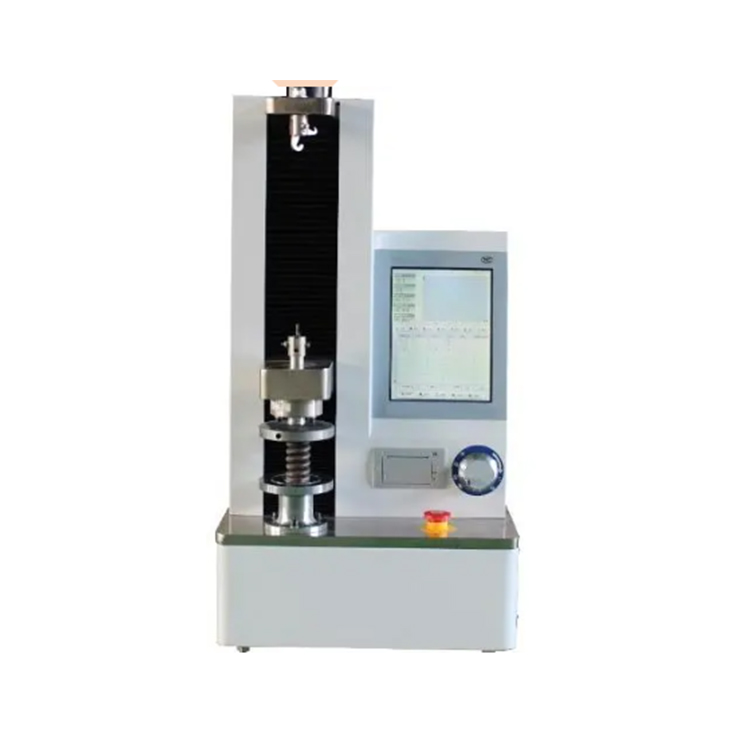ISO 11443 and ASTM D3835 tests to study Polymer Degradation
Thermal degradation of polymers corresponds to deterioration at a molecular level, for example as a result of (over-)heating. Polymer degradation is normally undesirable since related to the loss of properties in the finished product. Some of the recently developed thermoplastics, used as neat or reinforced high-performance materials, are suitable for high-temperature applications, but they are also exposed to high temperatures during compounding and molding processes. Therefore, they're highly sensitive to processing conditions and may undergo thermal degradation before becoming the finished product. This applies for example to LCP (liquid-crystal polymers). One of the key parameters when processing this type of materials is their degradation time and temperature.
How long can a polymer withstand given processing conditions in terms of working temperature and shear rate? To answer this question, a standard rheological test is not enough. With our capillary rheometers and related software, a further analysis is possible by performing a Thermal Degradation test. Setting a working temperature and one shear rate applied over a range of time, viscosity is measured as a function of time. Thanks to this type of test, it's possible to quantify the change in viscosity (typically a decrease) of the material during processing applications.


